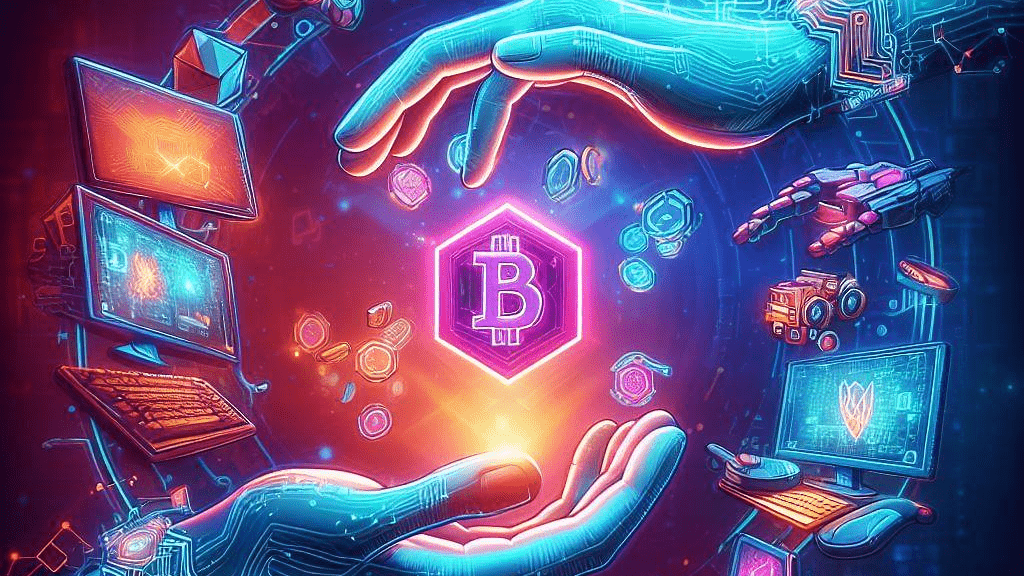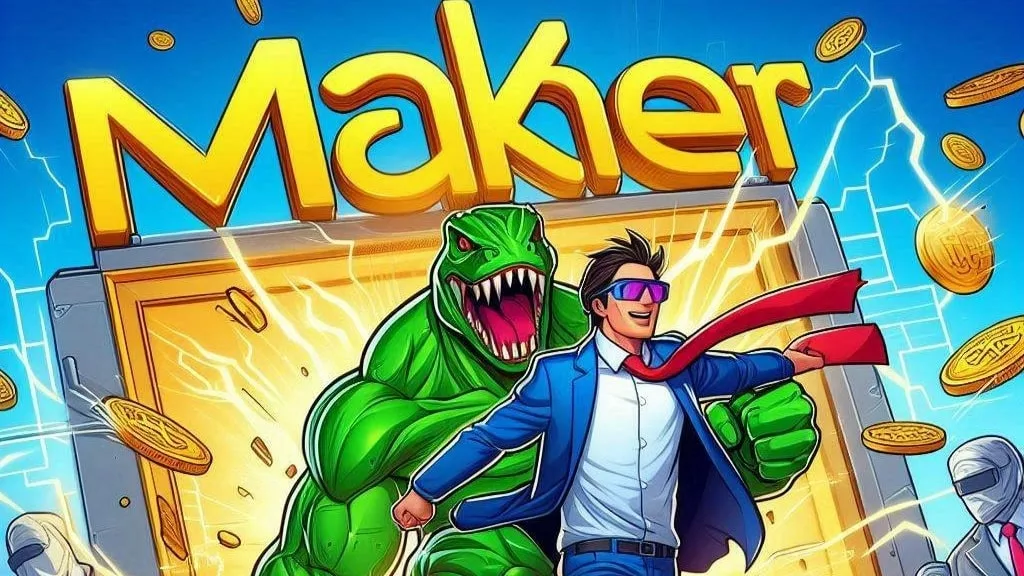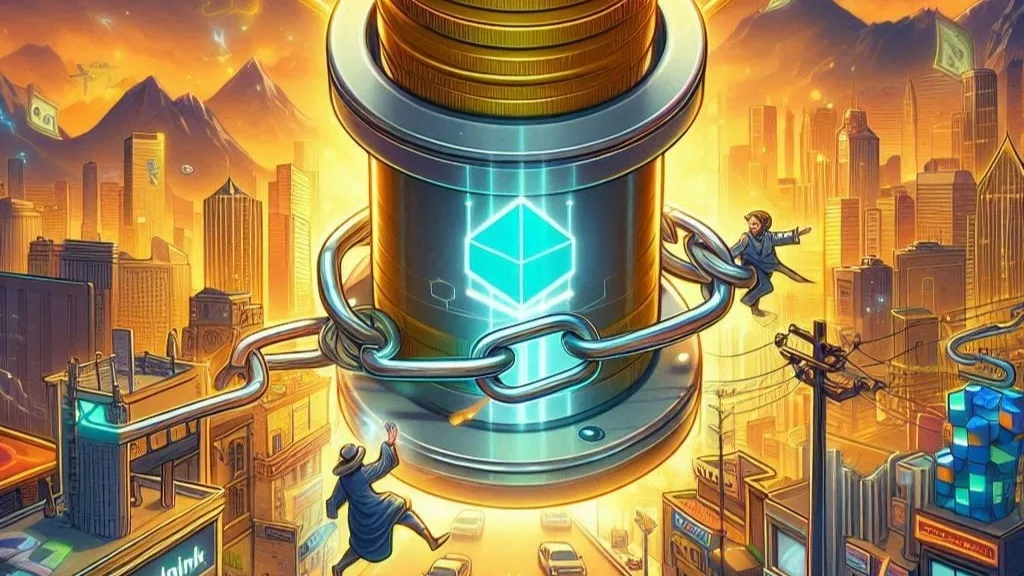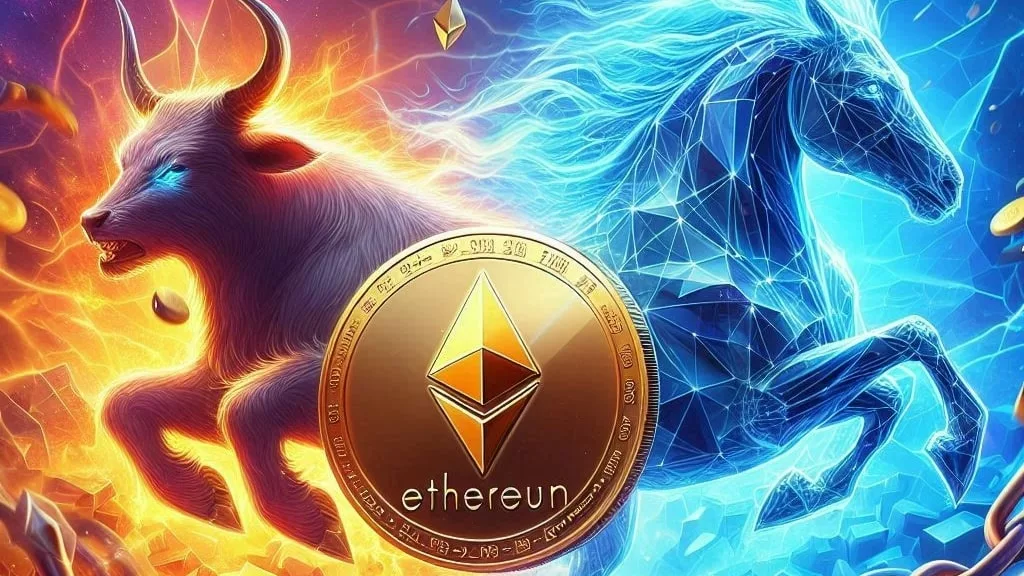
In the thrilling realm where technology meets entertainment, a transformative revolution is reshaping the way we play: Blockchain-powered gaming. Imagine a world where gamers truly own their in-game treasures, transactions are transparent and secure, and communities actively shape the gaming landscape. This new frontier presents both promises and hurdles, unveiling a path to redefine gaming experiences globally.
What’s Blockchain Gaming?
Blockchain gaming isn’t your ordinary video game; it’s a digital universe where blockchain technology underpins essential in-game functions. From owning assets to executing transactions securely, blockchain’s decentralized ledger system forms the backbone of these virtual worlds.
The Security Boost
Ever dreamt of secure in-game transactions without worries of fraud or disputes? Blockchain makes it a reality with its immutable record-keeping. Once a transaction is logged in the blockchain ledger, it’s tamper-proof, fostering trust among players.
Pros: Game-Changing Advantages
Cons: Roadblocks on the Journey
However, amidst this utopian vision lie significant challenges.
Scaling the Summit: Overcoming Blockchain’s Limitations
Blockchain grapples with scalability issues, resulting in slow transaction confirmations and elevated fees. These limitations hinder the fluidity of gameplay, posing a hurdle to seamless in-game experiences.
Conclusion: Navigating the Path Ahead
Blockchain’s emergence in gaming marks a transformative era, enhancing security, transparency, and user engagement. While facing hurdles, its potential to redefine the gaming landscape is undeniable.
Impact on Security: Blockchain’s immutable records foster trust, ensuring secure and transparent in-game transactions.
Environmental Implications: Contrary to eco-friendliness, blockchain gaming’s energy-intensive nature raises concerns amid a focus on sustainability.




Get the latest Crypto & Blockchain News in your inbox.